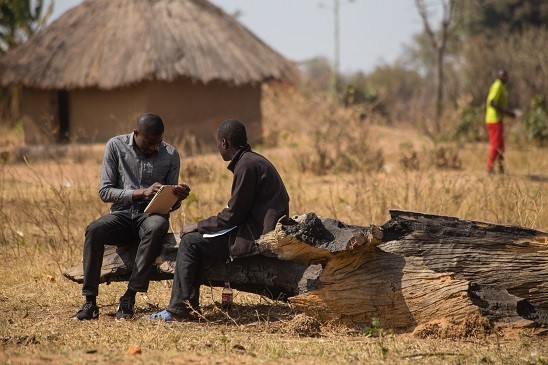Full text, catalogue, and publisher website
Full text (PDF):

Abigail Barr, School of Economics, University of Nottingham
Marleen Dekker is Professor of Inclusive Development in Africa, African Studies Centre, Leiden University
Floyd Mwansa, Financial Sector Deepening Zambia
Tia Linda Zuz, Financial Sector Deepening Zambia and ReSeP, Stellenbosch University

